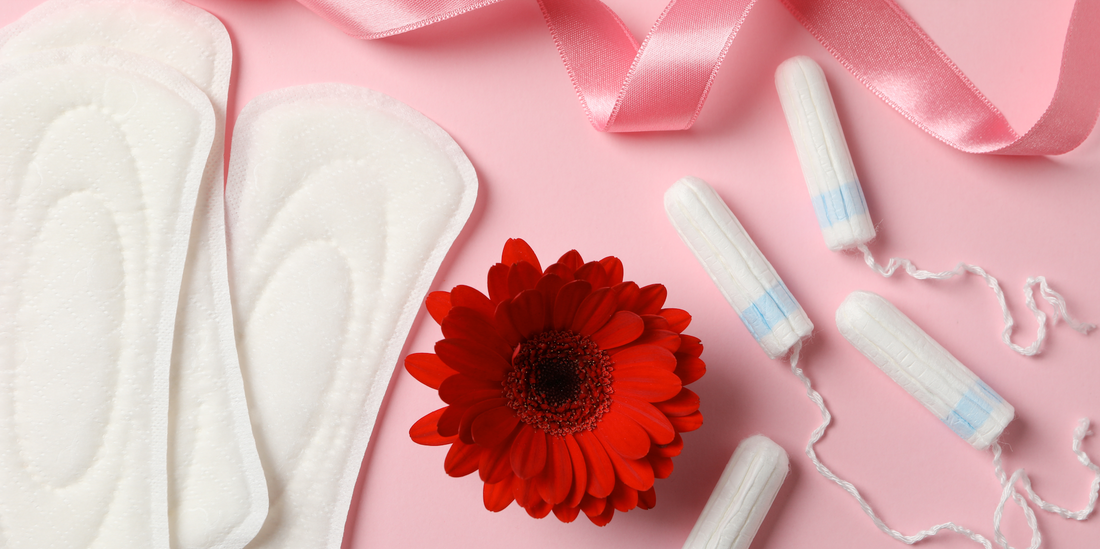|
Did you know that the State of the Period 2023 survey revealed that nearly 1 in 4 students have struggled to afford period products in the U.S., with 44% of teens reporting stress and embarrassment due to a lack of access to period products? Period Poverty, a community health issue that has been often overlooked and neglected throughout the world. According to the American Medical Women’s Association, period poverty is defined as the lack of accessibility or affordability of menstrual hygiene tools and educational materials. Period Poverty can take different forms and has emotional, physical, and mental tolls on individuals who menstruate. It is essential for everyone openly discuss this pertinent issue to reduce period stigma, and increase access to period products for all people who menstruate.
Effects of COVID-19 on Menstrual Health Throughout the COVID-19 pandemic, period poverty became a widespread health issue as economic strains and home quarantine limited individuals to access to menstrual products. Amid widespread job losses, reduced working hours, and home quarantine, many women and AAPI individuals found themselves struggling to afford basic necessities such as menstrual products.
Stigmas & Barriers of Menstrual Health in the AAPI Community. Period poverty, a global issue affecting millions, has been exacerbated by the COVID-19 pandemic. Within the AAPI communities, this challenge is not only about access to menstrual products but also combating deep-rooted stigmas surrounding menstrual health. Despite that half of the world's female population experience menstruation each month, talking about menstruation and menstrual health is still stigmatized within various communities.
It is imperative to center the voices and experiences of AAPI individuals in conversations about menstrual health and period poverty. By elevating diverse perspectives and experiences, we can develop more inclusive and culturally relevant solutions that address the specific needs of AAPI communities. Given the lack of specific studies on AANHPI women and girls, it's crucial to recognize the broader implications of period poverty and the need for targeted research and interventions that address the unique challenges faced by different communities, including AANHPI populations. The importance of providing access to affordable menstrual products, education around menstrual health, and support systems can result in great positive impacts within our communities! Sources: 1. Period The Menstrual Movement: Period Poverty 2. Period poverty and mental health of menstruators during COVID-19 pandemic 3. Editorial: Period Poverty 4. Harvard Public Health: "Inside the movement tackling period poverty in the U.S."
0 Comments
|
Archives
July 2024
Categories |
|
© Asian Women for Health. All rights reserved.
|
WHAT WE DODONATEcontact us |


 RSS Feed
RSS Feed